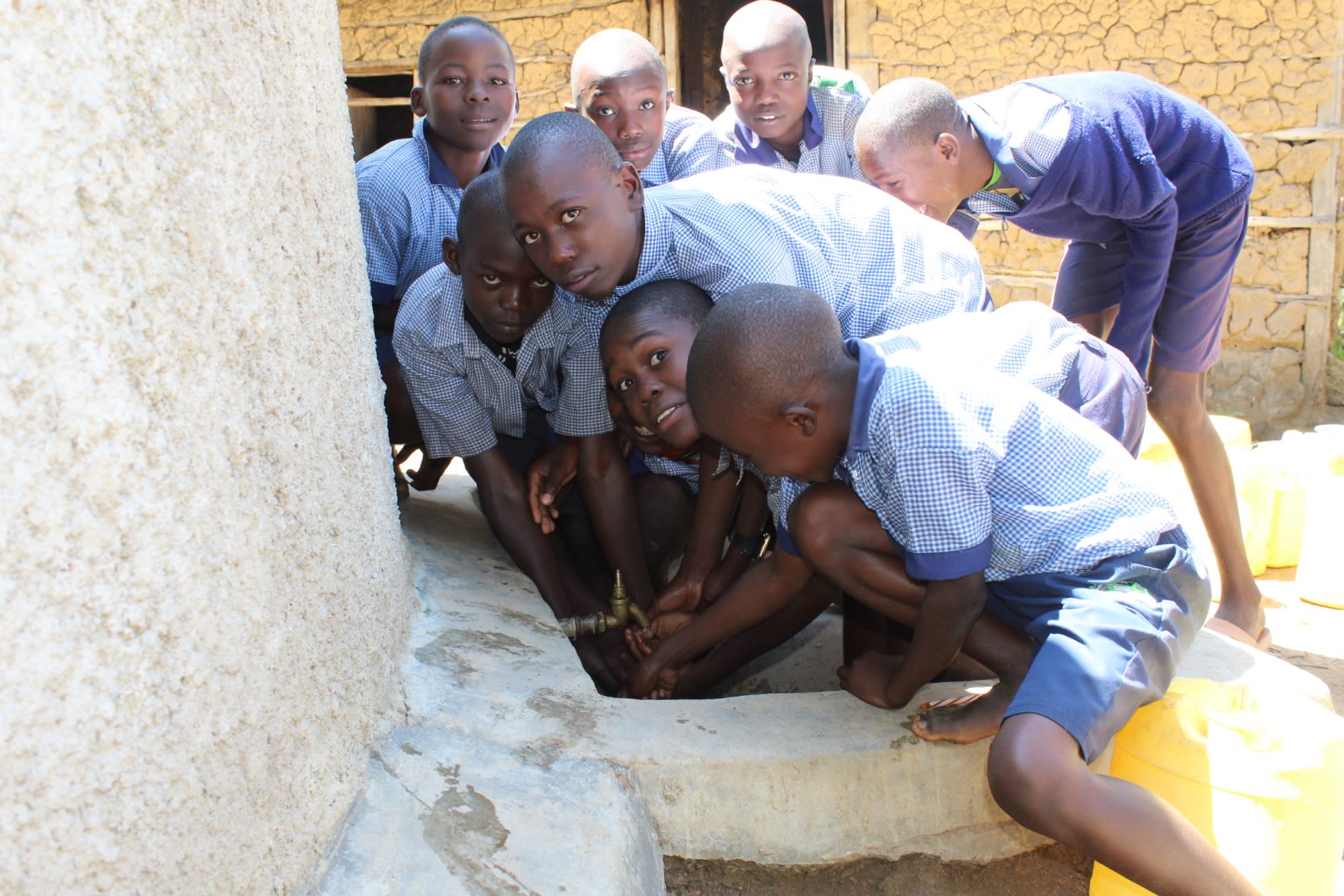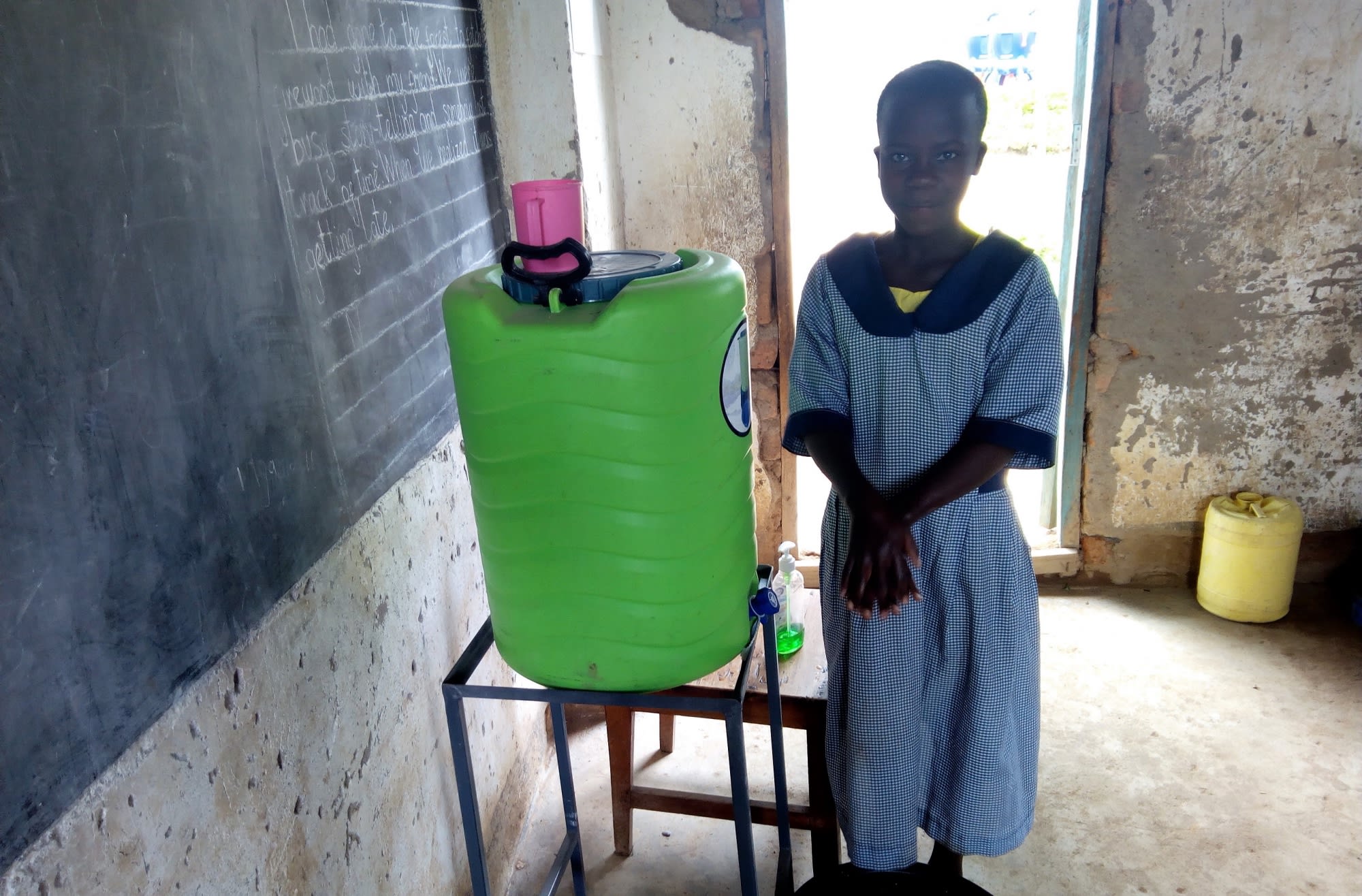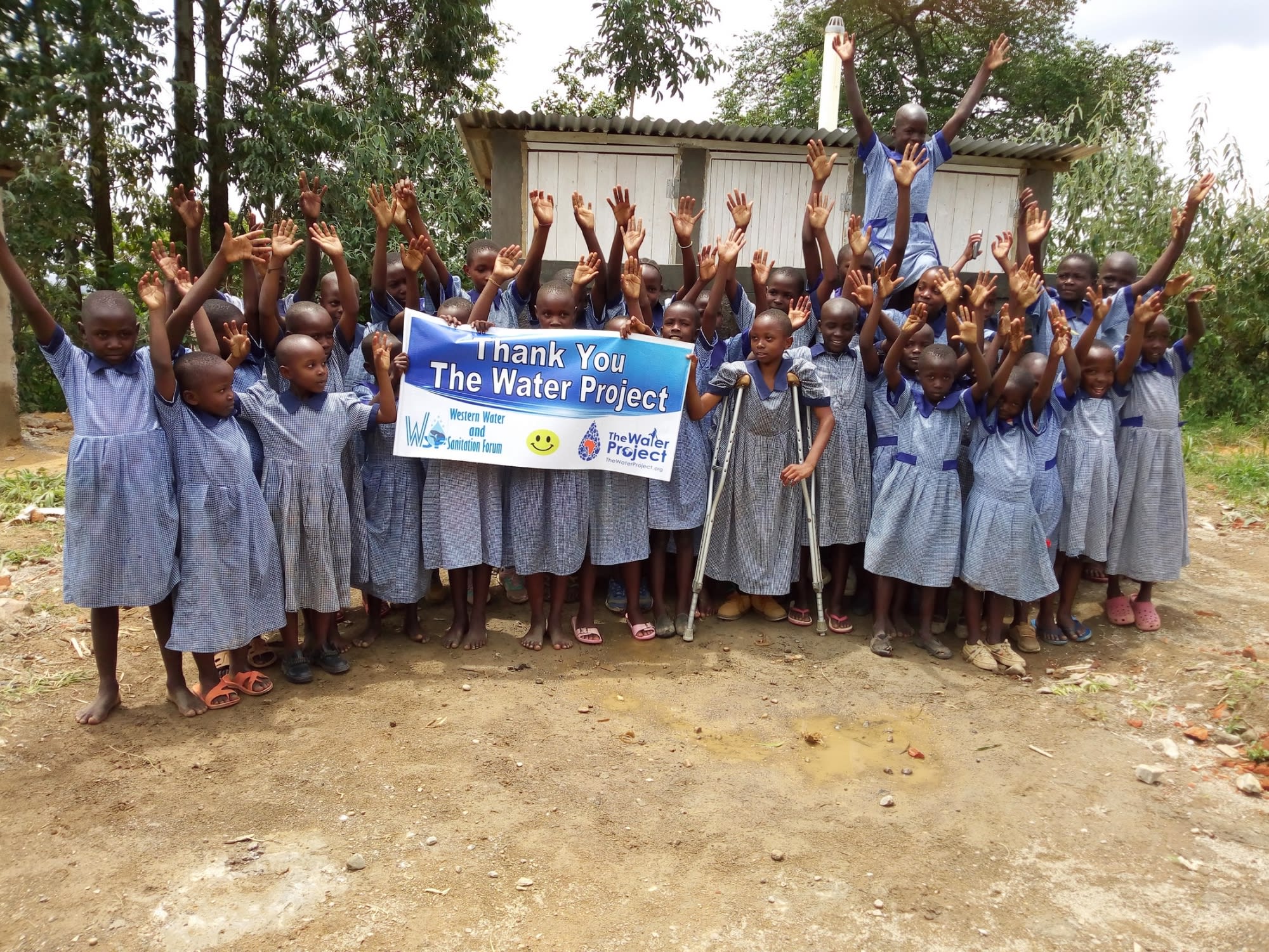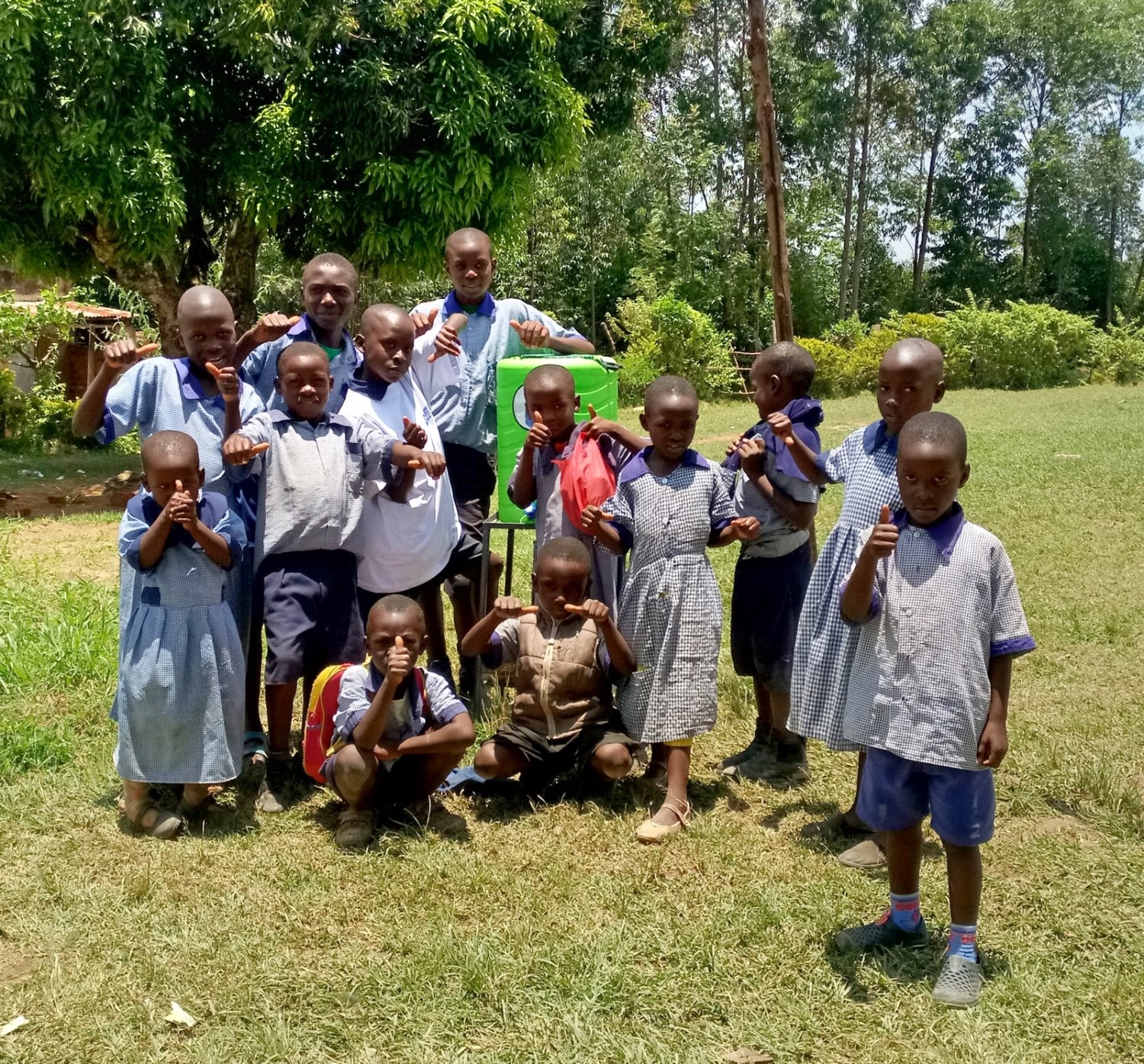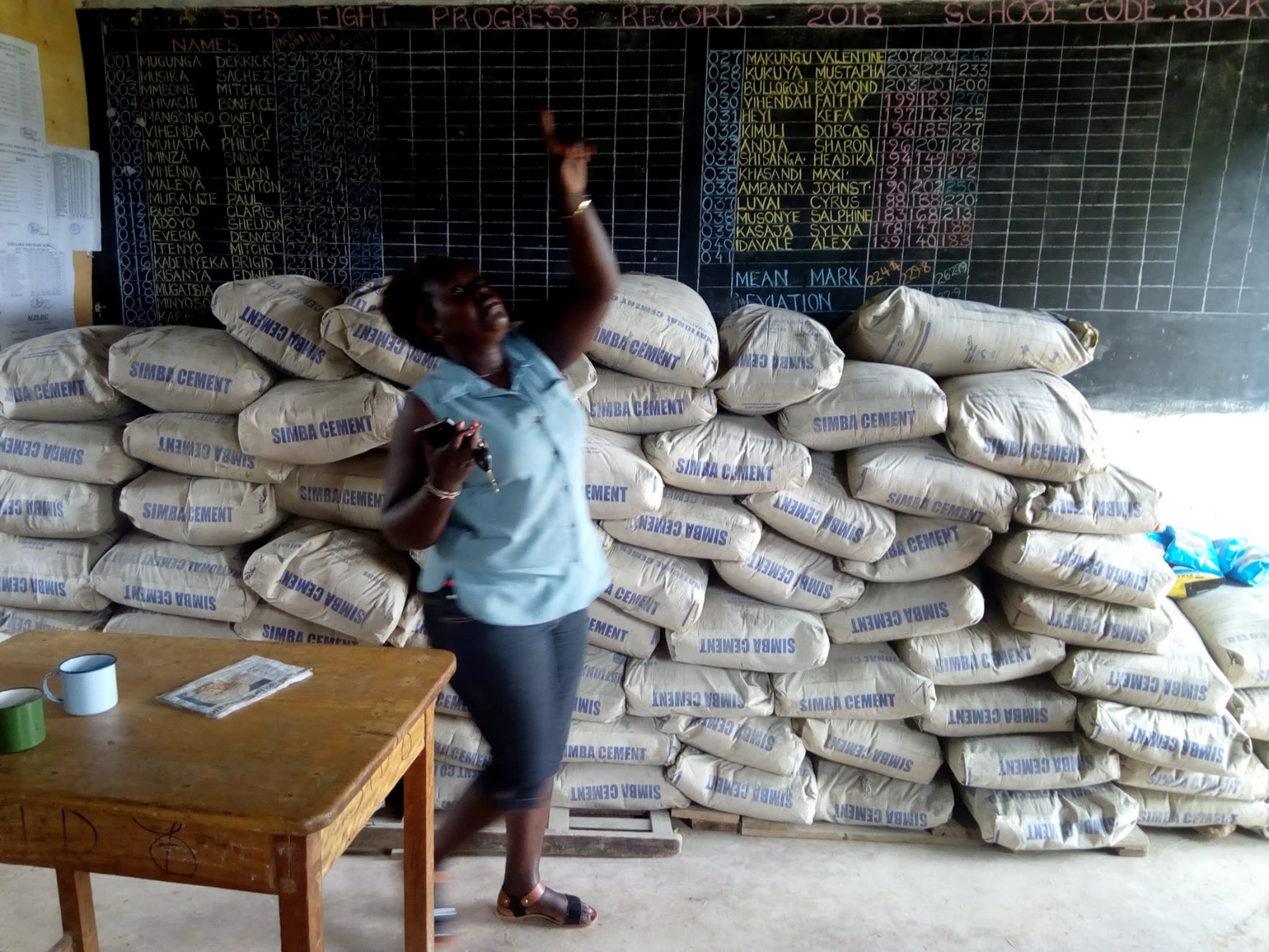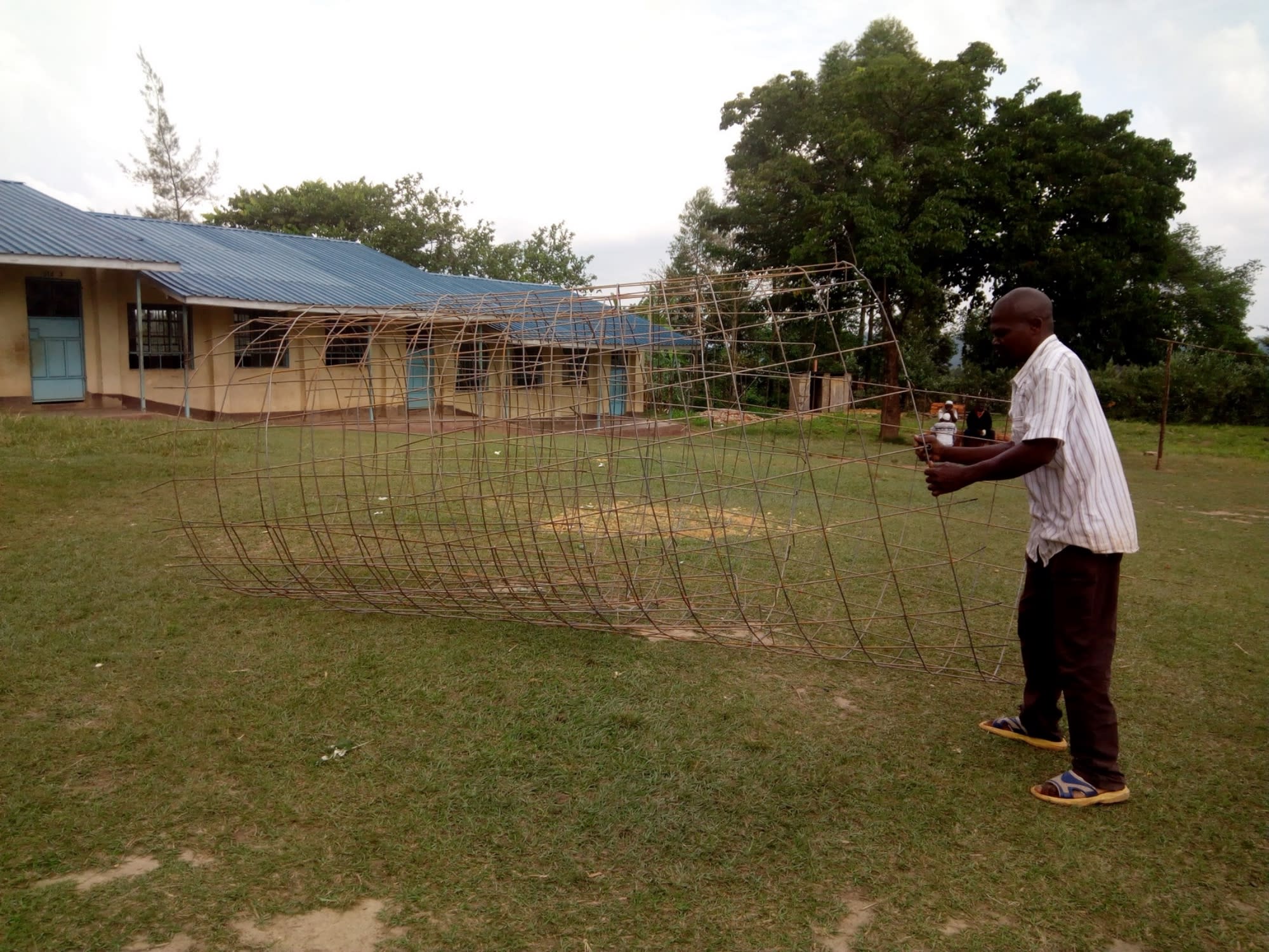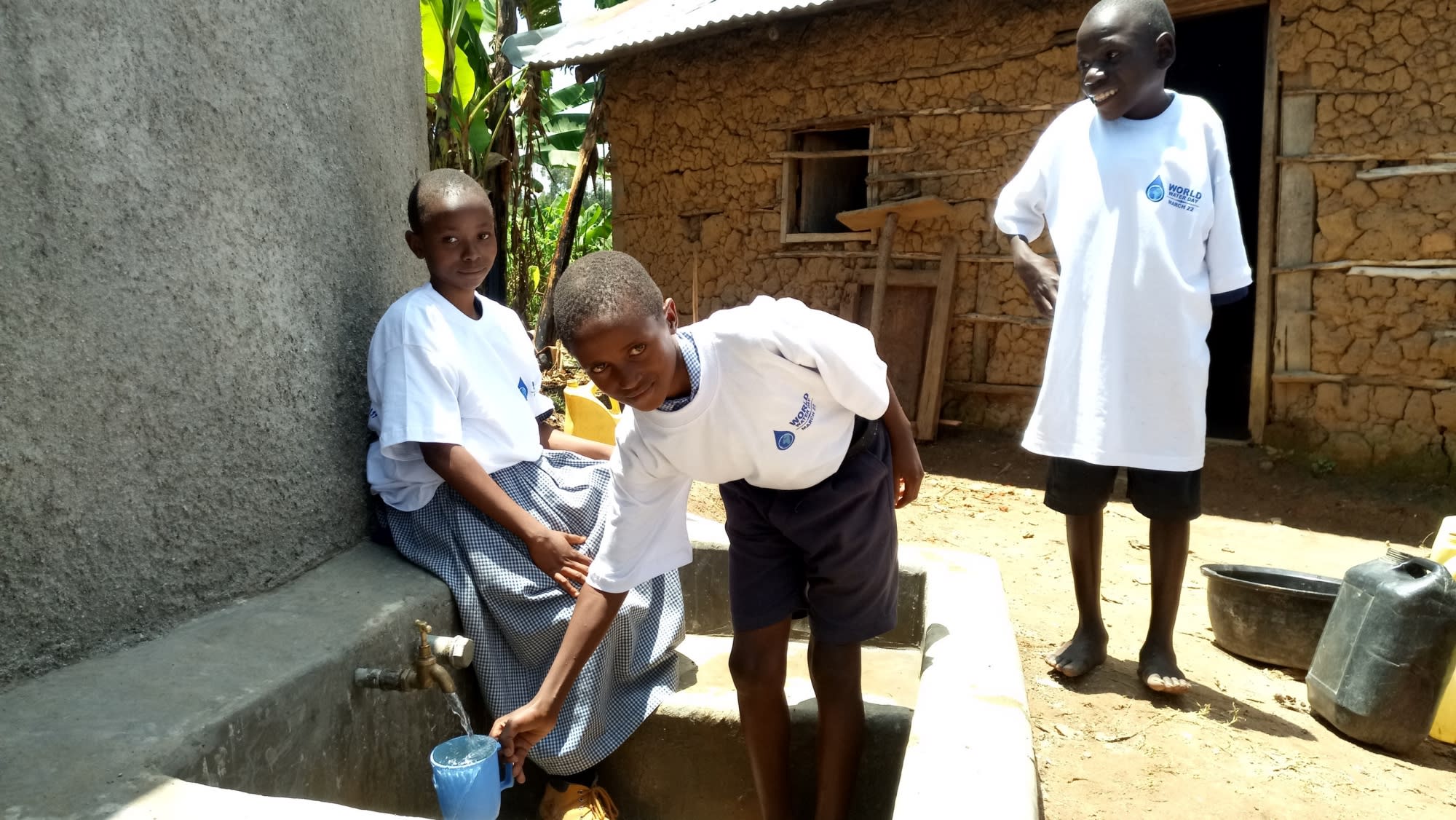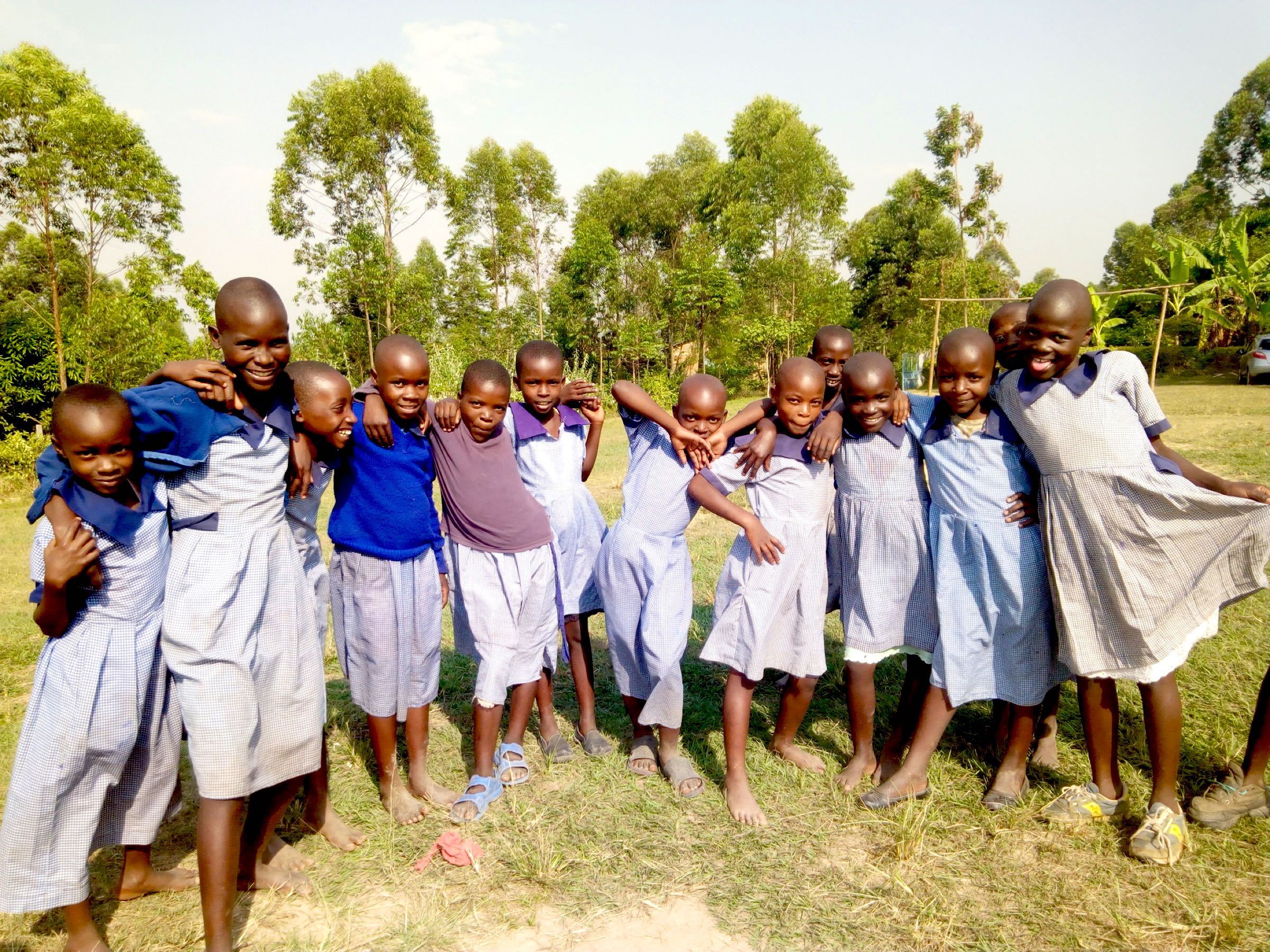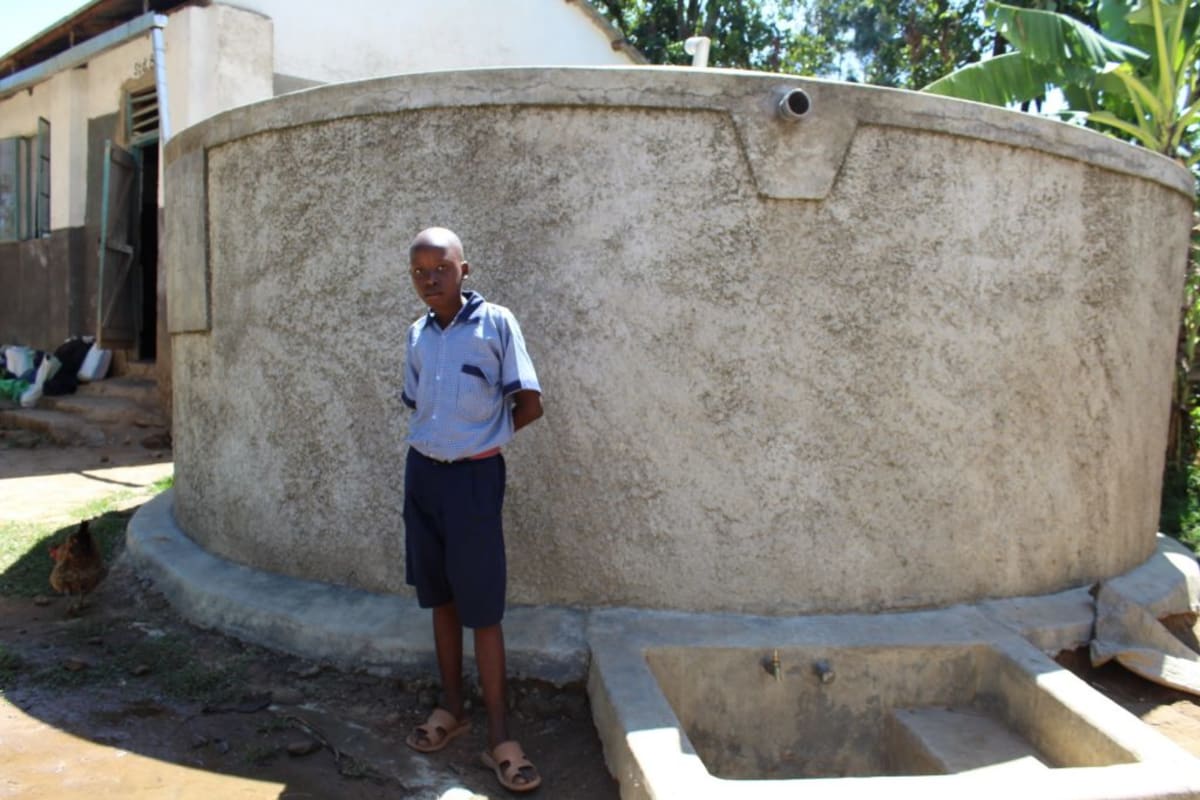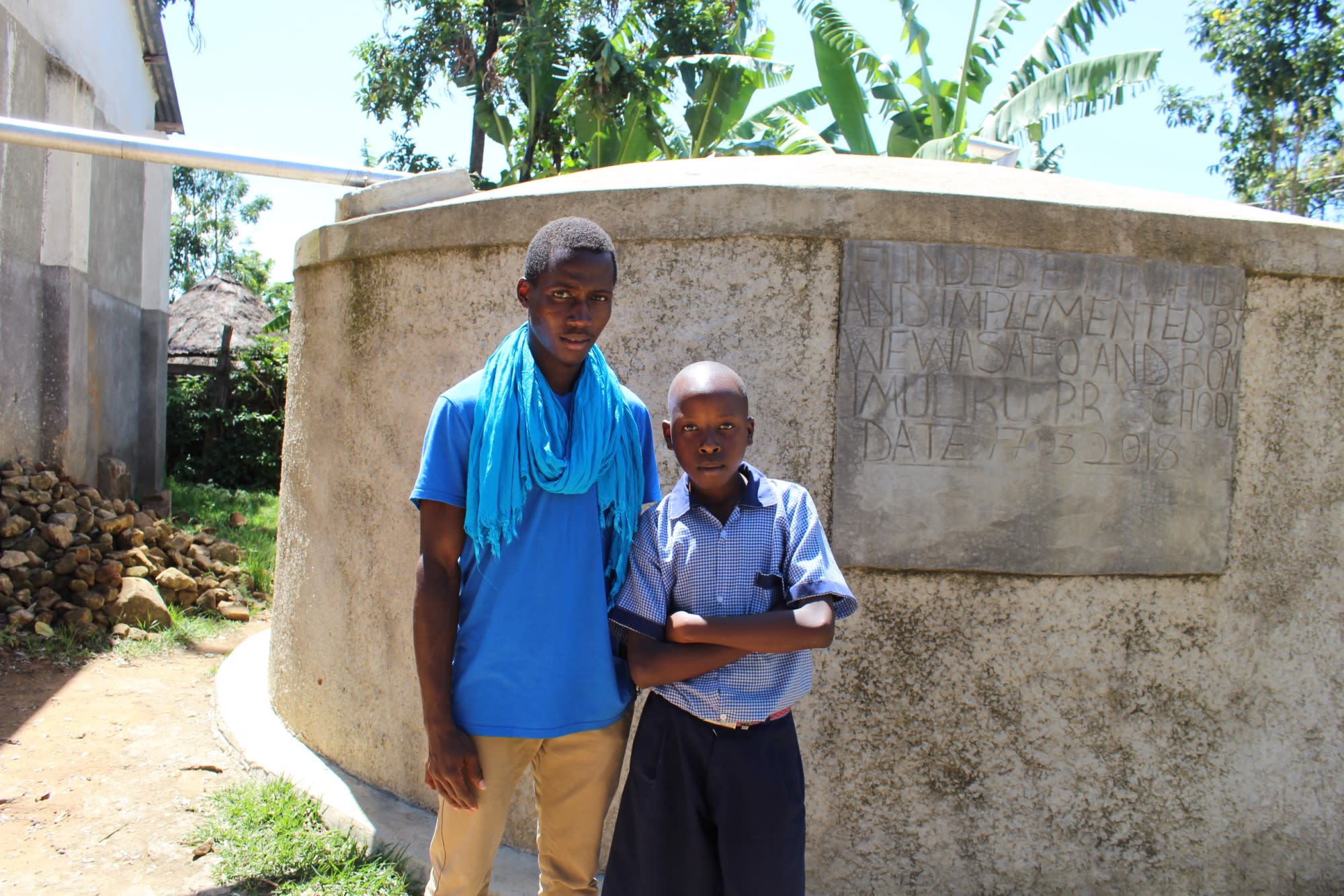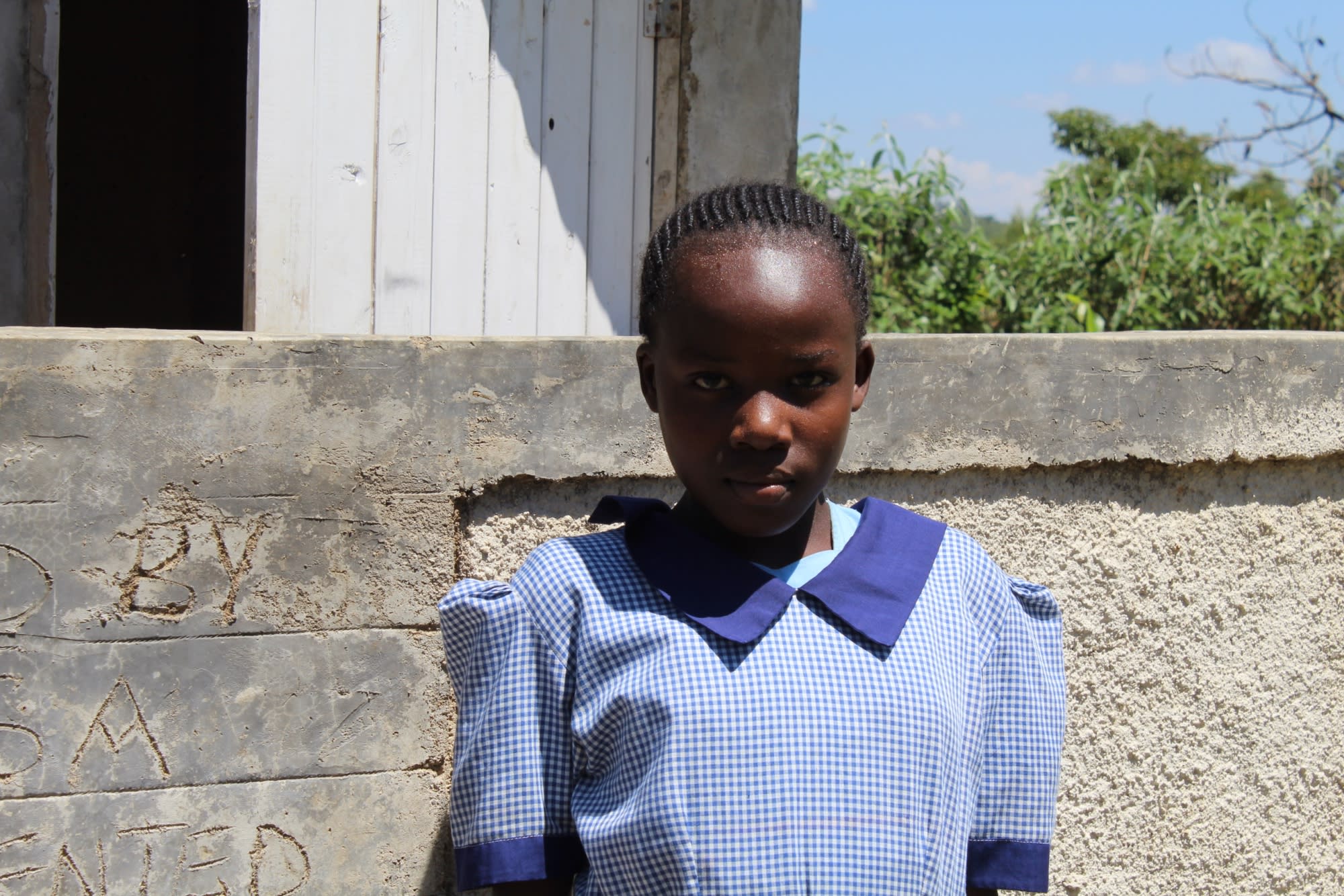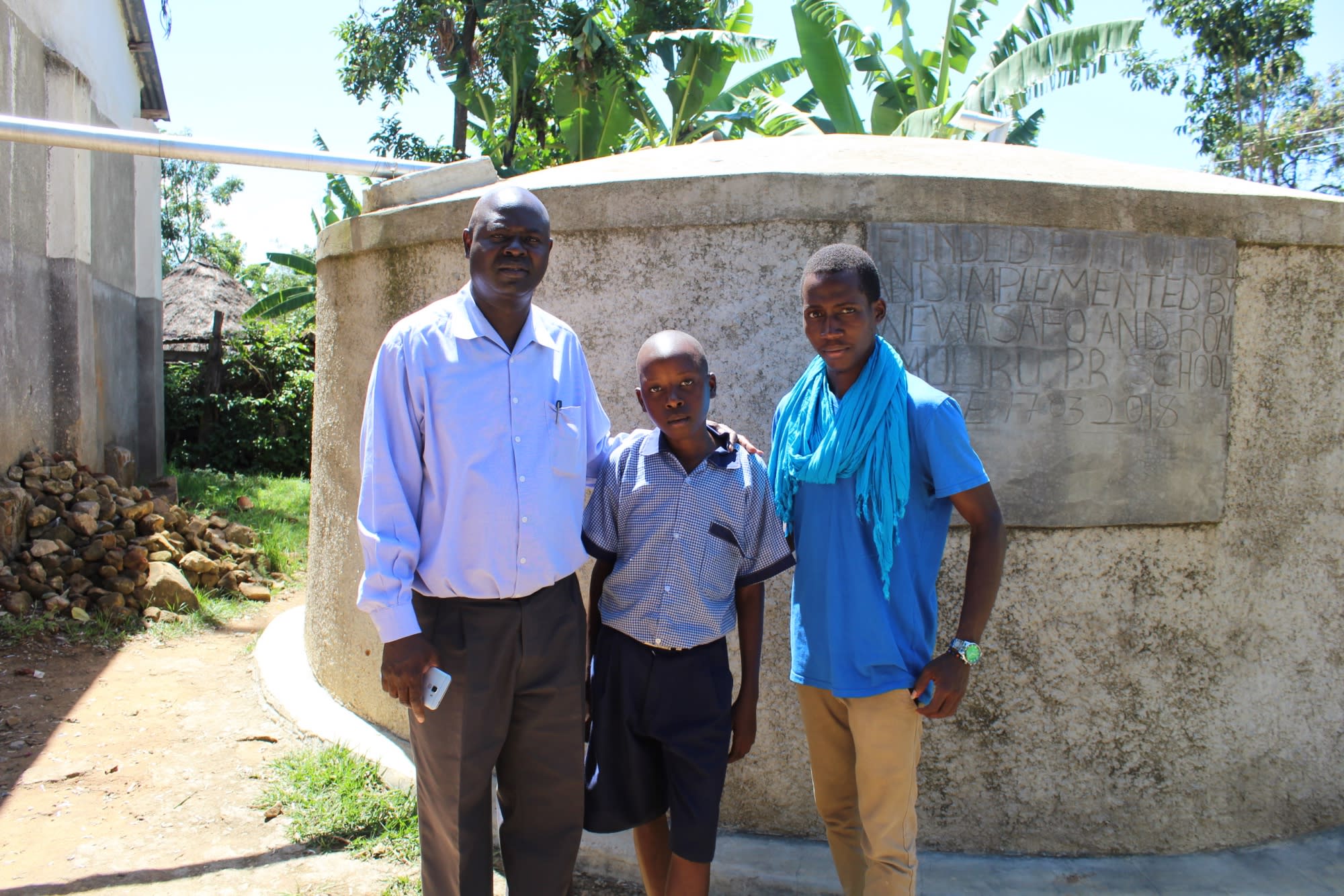The 352 students attending Imuliru Primary School don't have water at school. When they arrive each morning, they're already tired from balancing their schoolbooks with a full container of water. Class is often interrupted when someone realizes the water supply is low. Teachers then have to escort students out into the community to find water. We want to see this change.
A Day in the Life
A normal school day begins as students arrive early carrying water from their homes. They use that same water to clean the grounds, classrooms, and latrines. If any is still leftover, it's used to cook meals for grades seven, eight, and teachers. Regular lessons begin at 7:20am, but a good number of students fail to concentrate in class since they are already tired from carrying water. Lessons stretch until 5pm, when pupils are released to go home and help their parents.
Water
The water students bring to school every morning is of various qualities since students are from various places. By afternoon classes, they've run out of that water and need to find more. Teachers escort students on a walk to a protected spring located a little more than 500 meters away. Whether it's the water carried from home or from the nearby spring, students and staff often have to stay home or travel to the nearest for treatment because of typhoid and other waterborne sicknesses. This school is in great need of a reliable source of clean water on school grounds.
"If you do this project, it is really going to help us so much. When the children are thirsty, they run and drink any water around the school and they don't mind if it's clean or not," the headteacher told us.
Sanitation
There are latrines for the children to use, but only a few that have doors. These are in such poor condition, but many pupils still use them. Others either can't wait in the long lines or can't bear the filth; instead, they look for the privacy that's found behind buildings and bushes. Waste around campus endangers the rest of the student community.
There are no handwashing stations for students to clean up at. Headteacher Iwangu admitted that "water and sanitation facilities have been a big challenge" ever since he arrived at the school.
What we can do:
Training
Training will be held for two days. The facilitator will use PHAST (participatory hygiene and sanitation transformation), ABCD (asset-based community development), CTC (child to child), lectures, group discussions, and handouts to teach health topics and ways to promote good practices within the school. The CTC method will prepare students to lead other students into healthy habits, as well as kickstart a CTC club for the school.
Handwashing Stations
The CTC club will oversee the new facilities, such as handwashing stations, and make sure they are kept clean and in working condition. The two handwashing stations will be delivered to the school, and the club will fill them with water on a daily basis and make sure there is always a cleaning agent such as soap or ash.
VIP Latrines
Two triple-door latrines will be constructed with local materials that the school will help gather. Three doors will serve the girls while the other three serve the boys. And with a new source of water on school grounds, students and staff should have enough to keep these new latrines clean.
Rainwater Catchment Tank
A 50,000-liter rainwater catchment tank will help alleviate the water crisis at this school. The school will also help gather the needed materials such as sand, rocks, and water for mixing cement. Once finished, this tank can begin catching rainfall that will be used by the school’s students and staff. Students will no longer have to ration water and make frequent trips into the community.
We and the school strongly believe that with this assistance, standards will significantly improve. These higher standards will translate to better academic performance!
This project is a part of our shared program with Western Water And Sanitation Forum (WEWASAFO). Our team is pleased to provide the reports for this project (edited for readability) thanks to the hard work of our friends in Kenya.

 Rainwater Catchment
Rainwater Catchment
 Rehabilitation Project
Rehabilitation Project












